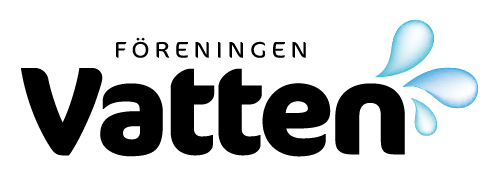Microbiological pollution of the southern Baltic sea from small urban catchments following rain events of different intensities / Mikrobiologiska föroreningar av södra Östersjön från små urbana avrinningsområden vid olika regnintensiteter
The microbiological quality of storm water runoff was monitored at four traffic-related sites in Trelleborg, Sweden to assess how microbiological pollution depends on rain intensity. Flow proportional storm water runoff samples were collected during the initial runoff and analyzed for total coliform bacteria, Escherichia coli, Clostridium perfringens, and intestinal enterococci. Microbiological pollution in storm water runoff was not proportionally related to traffic intensity. Intense rain events produced runoff that was substantially more polluted with indicator bacteria compared to less intense events. The average concentration of intestinal enterococci in storm water at all sites exceeded the requirement for good quality bathing water (2006/7/EC) by 5 to 55 fold suggesting that storm water discharged from even relatively small urban areas has the potential to pollute the southern Baltic Sea, or any, water reservoir with potentially pathogenic microbes. The results can be used as reference in assessment of potential impacts on human health of the release of storm water into the southern Baltic Sea, and other reservoirs, from the relatively small traffic-related catchments found in smaller cities.
